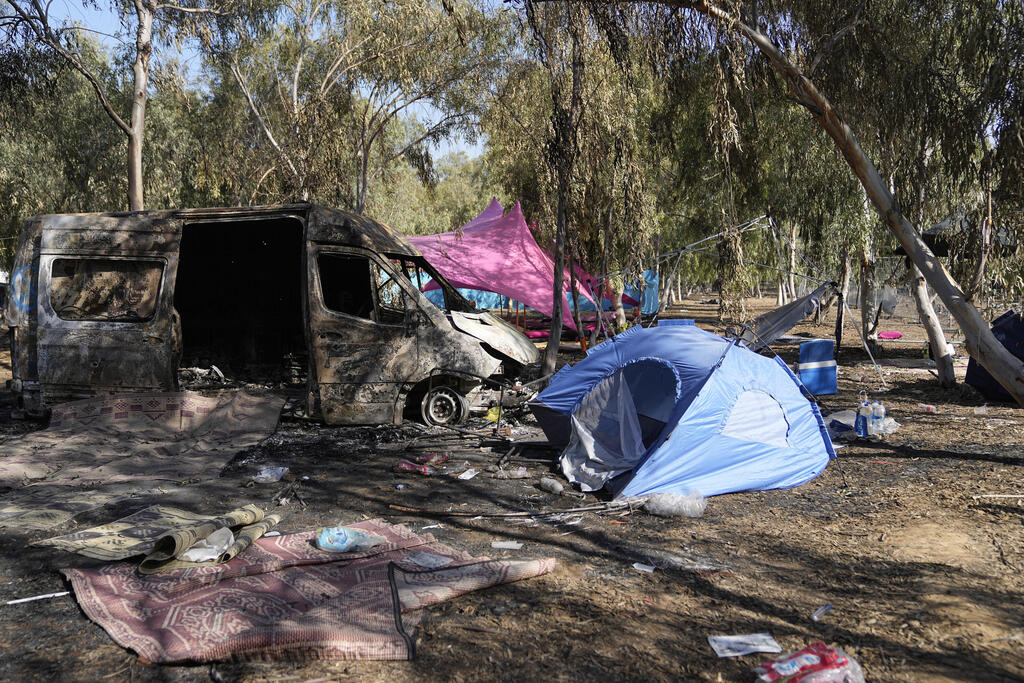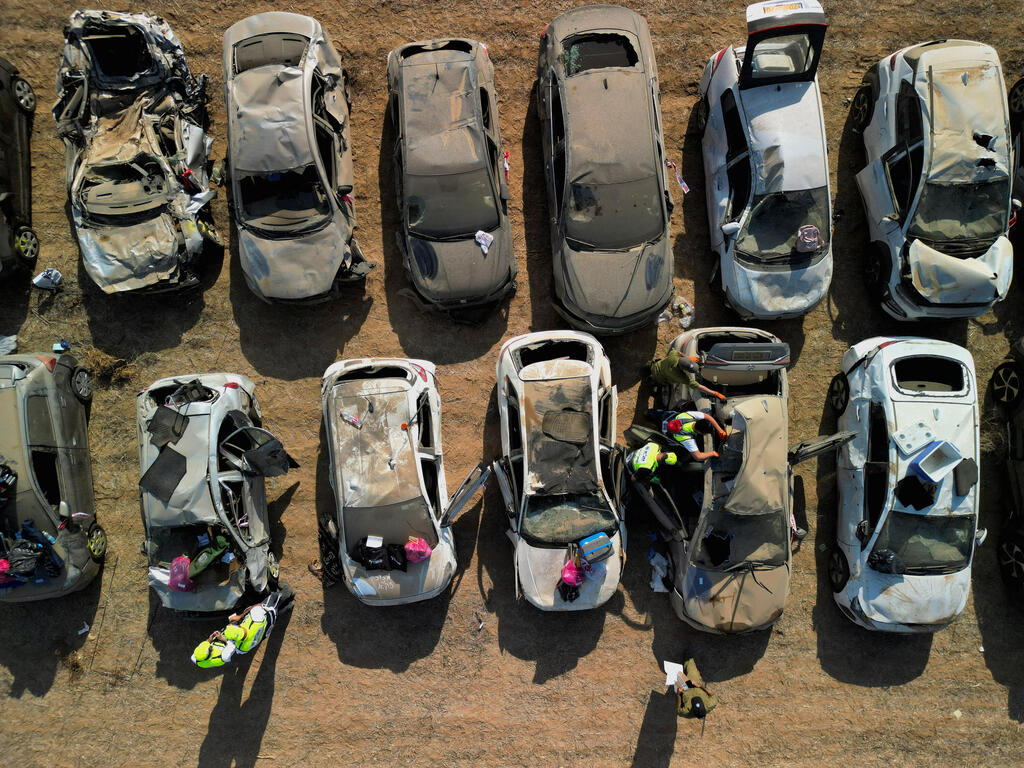Getting your Trinity Audio player ready...
A recent empirical investigation by Sheba Medical Center and Ben-Gurion University delineates the heightened incidence of post-traumatic stress disorder (PTSD) symptoms among the Nova party survivors near the Gaza border who engaged in psychoactive substance use during a massacre.
The data underscores an exacerbated impact on those consuming alcohol, as outlined in the study published in World Psychiatry.
The cohort comprised 123 Nova party attendees from an initial group of 232 survivors treated at Sheba. These participants were selectively included based on criteria that excluded severe physical injuries, loss of immediate family during the attack, and a history of psychiatric disorders, including PTSD. The demographic breakdown revealed an average age of 28, with a gender distribution of 60% male and 40% female. Notably, 57% acknowledged the use of either drugs, alcohol, or both during the traumatic event. Comprehensive psychometric evaluations were administered, measuring traumatic dissociation, anxiety, acute stress responses, and depressive symptomatology.
The analytic outcomes reveal that individuals reporting substance use during the event exhibited statistically significant elevations in anxiety, depression, and stress responses compared to their non-using counterparts. Specifically, alcohol consumption, whether in isolation or concomitant with other narcotics, was linked to pronounced hyperarousal, anxiety, depressive reactions, and acute stress manifestations. Notably, alcohol, despite its legal status, was identified as having the most deleterious effect on stress response mechanisms during the traumatic episode.
Music festival before Hamas massacre
The consumption of alcohol augmented these psychological reactions more than other substances consumed at the event. The research posits that "alcohol use induced prolonged and intensified dissociative reactions during the traumatic incident. Traumatic dissociation can disrupt the cognitive processing and integration of traumatic memories, potentially delaying psychological recovery and increasing the likelihood of developing post-traumatic disorders, as trauma-related memories persist in a fragmented and unprocessed state."
The research team comprised Professor Hagit Cohen from Ben-Gurion University's Department of Psychology and Faculty of Health Sciences, Dr. Nitza Nakash, Professor Yossi Zohar, Professor Mark Weiser, and Dr. Raz Gross. "This study is a segment of a more extensive research project conducted during the initial months of the war," explained Dr. Nakash, who has closely monitored the Nova survivors over the past year. "The party had a reputation for ubiquitous drug use, but our findings indicate many abstained. We had the opportunity to assess whether substance use during trauma influences the psychological trajectory of those experiencing the trauma."
Dr. Nakash highlighted that historical trauma scenarios have linked drug use with adverse outcomes, such as sexual or physical assault during social events or vehicular accidents under the influence of psychoactive substances. Among the rave participants, substance combinations varied: some consumed only alcohol, others only cannabis, or solely MDMA (ecstasy), yet most indulged in poly-substance use, often including alcohol. The study elucidates that among survivors who reported such use during the event, there was a marked increase in anxiety, depression, and stress response levels compared to those abstaining. The ingestion of alcohol and drugs in the context of a traumatic event substantially elevates the risk for subsequent anxiety, depression, and stress responses.
Dr. Nakash stated, "We discovered that individuals consuming alcohol, with or without other drugs, exhibited a heightened dissociative state during the trauma itself, potentially impeding recovery. The memories formed during the trauma remain fragmented and poorly integrated.
"We hypothesize that alcohol precipitated more pronounced dissociative reactions compared to other substances and relative to individuals abstaining from alcohol," Dr. Nakash elucidated. "Those consuming alcohol, with or without drugs, were in a more dissociative state during the trauma, which may delay recovery. The extensive duration of the trauma, coupled with disruptions in cognitive processing, are crucial for trauma integration, and alcohol appears to have interfered with this process."
Get the Ynetnews app on your smartphone:
Google Play: https://bit.ly/4eJ37pE
Apple App Store: https://bit.ly/3ZL7iNv








